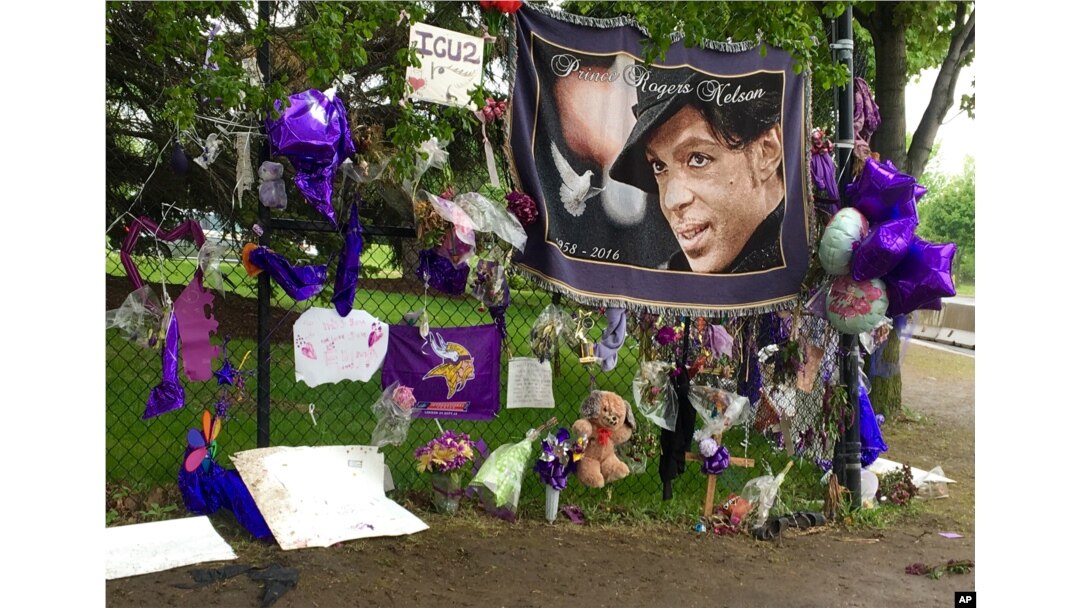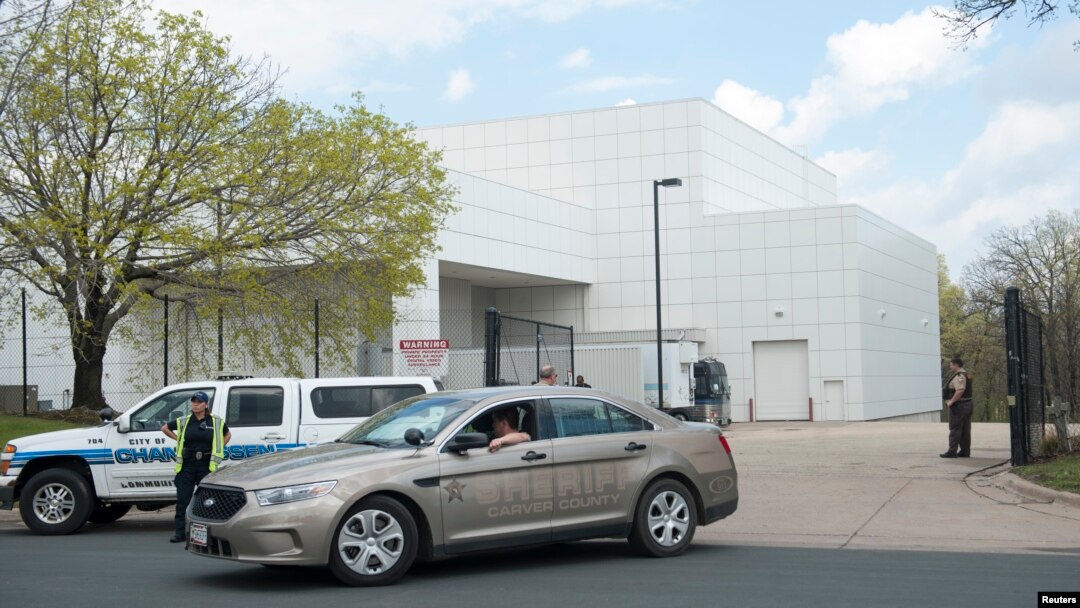There are no plans to sell Paisley Park, the administrator for musician Prince's estate said on Saturday.
The statement came one day after the administrator had asked a judge for permission to sell nearly 20 properties owned by Prince worth an estimated $28 million.
A court filing on Friday had included Paisley Park, Prince's home and recording complex, among a list of properties that could be sold.
But on Saturday, Bremer Trust issued a brief statement saying: "Bremer Trust, the special administrator for the Prince Rogers Nelson estate, has no plans to sell either Paisley Park or the property referred to as the 'Purple Rain' house." That Minneapolis house was filmed in Prince's 1984 movie.
Prince, whose full name was Prince Rogers Nelson, was found dead at his Paisley Park mansion outside Minneapolis on April 21. His death came less than a week after he was given emergency treatment with Narcan, an antidote used for opiate overdoses.
Accidental overdose
Autopsy results released in June show he died of an accidental overdose of fentanyl, a powerful opioid painkiller more potent than morphine or heroin.
It was not immediately clear if the drug was obtained illegally or by prescription. The medical examiner's report, released June 3, said the overdose was self-administered and accidental.
Prince's hometown newspaper, the Minneapolis Star-Tribune, had reported the musician had seen a family practitioner the day before his death for treatment for opioid withdrawal symptoms.

FILE - Items left by fans at a memorial for musician Prince hang from a fence outside Paisley Park, May 11, 2016, in Chanhassen, Minnesota.
The same day, Andrew Kornfeld, son of prominent addiction specialist Howard Kornfeld, took an overnight flight from California to Minnesota to meet with the musician. Reports say Kornfeld was at the mansion when Prince's body was found.
Kornfeld was carrying a supply of buprenorphine, a drug that can be used to treat opioid cravings and withdrawal symptoms when a user is being weaned off the drug.
Opioid medications
Fentanyl is similar to morphine and can be used when patients have developed a tolerance to other opioid medications.
It has also been blamed for an uptick in heroin overdoses in recent months. Experts say drug dealers are cutting fentanyl into heroin to make a more potent drug.
The U.S. Drug Enforcement Administration received reports of more than 700 fentanyl-related overdoses in late 2013 and in 2014.
Earlier reports said Prince, who reportedly did not drink or use recreational drugs, had the painkiller Percocet in his system when he died.
Friends of the 57-year-old musician said he suffered joint pain after years of performing vigorous stage shows.
If investigators find that Prince was sold fentanyl illegally, the person or persons who sold it to him could be charged with state and federal crimes resulting in up to 25 years in prison.


